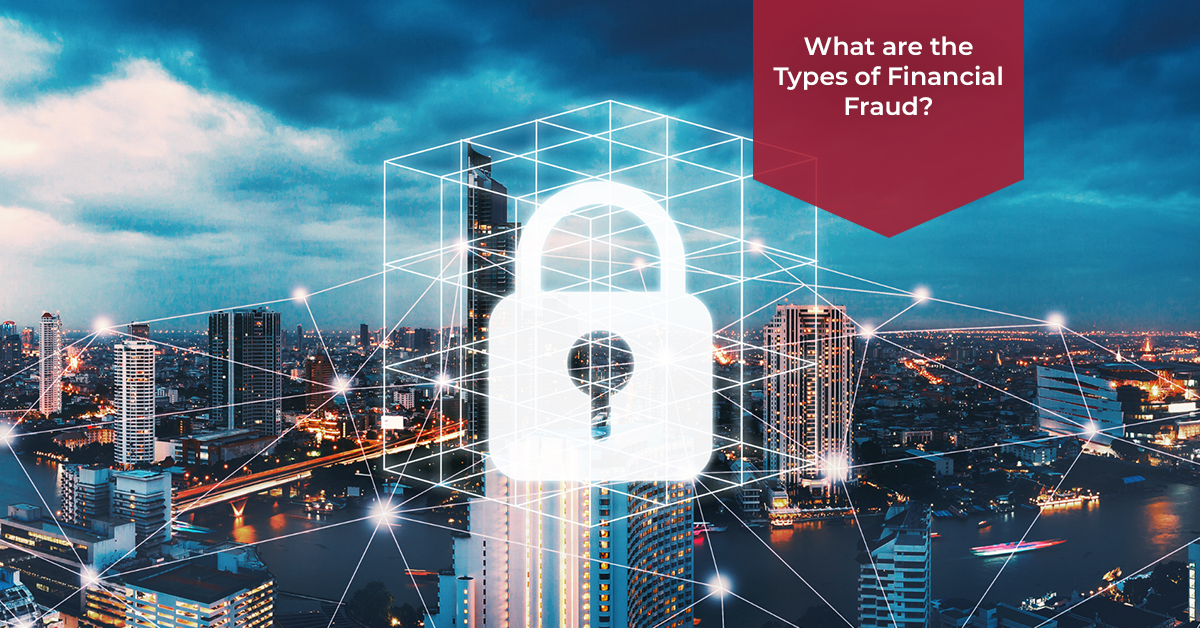
What is Financial Services Agency (FSA) Japan?
Identity Theft: When a person engages in fraudulent activity by illegally obtaining sensitive personal information, such as a Social Security number or bank account information, it is known as identity theft. Financial services employees must be very careful to verify customers. Customer authentication and monitoring processes are essential to prevent identity theft.
Payment Fraud: This type of fraud involves actions that target financial transactions such as credit cards and checks. Financial institutions should control how payments are made and conduct due diligence. For example, in the UK, £1.2 billion was stolen through payment fraud in 2022.
ACH Fraud: ACH (Automated Clearing House) fraud is when criminals gain unauthorized access to the ACH system and initiate fraudulent transactions. Account takeover, phishing, malware and social engineering all serve this purpose. ACH fraud results in both money loss, reputational damage and legal action.
Account Takeover Fraud: When a criminal breaks into a person’s computer and steals money or sensitive information, it is known as an account takeover scam. Buying information from the dark web or using keylogging software can serve this purpose.
-Credential Stuffing: Testing email and password combinations using automated bots and tools. This method is successful because many people use the same password and email combinations.
-Brute Force Attacks: Bots try to guess a customer’s password using random words.
Advance Fee Fraud: This type of scammer demands money from victims by promising disappointing investment opportunities or big rewards. After the victim pays, they are cut off from the scammer or asked for additional money.
Credit Card Fraud: Unauthorized use of a person’s credit or debit card to withdraw cash or make purchases. In 2022, 440,666 credit card frauds were reported in the United States.
-Card-No-Present Fraud (CNP): A type of fraud used to steal credit card information during online transactions. This type of fraud is committed when a physical card is not required.
-Card-Present Fraud: As a result of the proliferation of chip and PIN technology, there are still frauds where the card is physically seized.
Investment Fraud: This type of fraud is to trick victims by offering investment opportunities with fake websites, documents or details. Watch out for signs such as fake reviews, cold calls and missing regulatory information.
Consumer Fraud: Illegal activities to cause financial harm to consumers are known as consumer fraud. In addition, identity fraud, mortgage and real estate fraud, and false advertising are very common.
Fraudulent Charities: These organizations use goodwill to collect donations from victims. When donating, victims may face identity theft or credit card fraud.
Return Fraud: This type of fraud involves making money by manipulating the processes required to return goods and services. Forged receipts, stolen goods and other methods are commonly used.
Chargeback Fraud: The customer disputes a transaction with the payment provider for illegal reasons. This includes legitimate refunds in cases such as billing errors and unauthorized transactions. It seems reasonable to dispute fraudulent refunds.
Cybercrime: Phishing, malware, cryptocurrency mining and ransomware fall under the category of cybercrime. In line with FATF recommendations, banks and financial institutions should establish risk-based AML/CFT programs.

